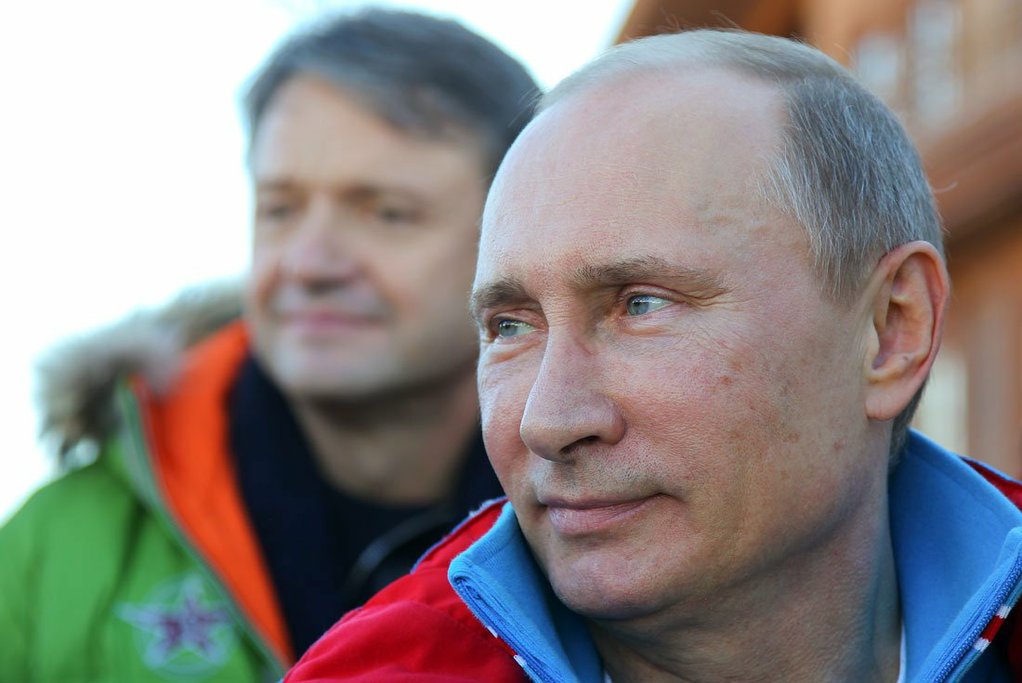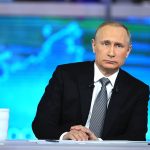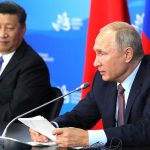by Robert E. Hunter
While America’s allies in Europe wonder what President Donald Trump will do next to weaken NATO and other key elements of the Atlantic Alliance, they have not focused sufficiently on another threat to European security. This threat is Brexit: the impending British withdrawal from the European Union.
Most debate is about the economic elements and what Brexit will do to Britain. But largely lost in the debate is Britain’s future role in European security. It is already diminishing. As things stand now, it will continue doing so. Everyone in the West who cares about security in this part of the world will suffer the consequences.
When Britain joined the European Communities (EC) in 1973, security in Europe was straightforward. The Soviet Union was the common enemy, NATO was the principal counter, the United States was firmly engaged, and the essential glue was a shared sense among the Western allies that all were in it together.
The EC also played a major security role. It helped deal with the twentieth century’s great strategic challenge other than the Soviet threat: relations between France and Germany. Most important were domestic developments in these and neighboring countries that changed political cultures and fostered new generations that wanted old quarrels to end. When it joined the EC, Britain also signed on to this role. At times, London also mediated between Paris and Bonn.
When the Cold War ended, the search began to find a better and less risky way to organize European security. President George H.W. Bush proclaimed the goal of creating a “Europe whole and free and at peace.” NATO and what is now the European Union (EU) began to spread into the newly independent nations of Central Europe. First came informal instruments like Partnership for Peace, then formal membership. The architecture included military requirements, but also political, economic, and cultural elements.
“Security” thus became both comprehensive and organic, with each part bound up with the rest, engaging each European country in a skein of shared responsibilities, with a central EU role. Western security culture was thus extended into Central Europe (including Ukraine), parts of the former Soviet Union, and, it was hoped, perhaps even Russia.
Britain has long since been a critical part of that organic security structure, from which it cannot now withdraw without causing major damage, however much Brexiteers pretend otherwise. That was not true when Britain signed up in 1973. It certainly is in today’s Europe.
This includes not just being a full dues-paying member of NATO, where Britain is far less consequential militarily than only a few years ago. It means playing a full part in the EU’s Common Foreign and Security Policy and being engaged in all EU efforts that promote security across the continent and seek to deal with Russia’s assertiveness in Ukraine, the Baltic states, and beyond.
This organic, Europe-centered security has become even more important because of increasing doubts about Europe’s primacy in U.S. strategic thinking. They began during the Obama administration with U.S. declarations of a “pivot to Asia.” They have accelerated with President Donald Trump’s attitudes and behavior toward allies. It is no coincidence that France’s Emmanuel Macron, supported by Germany’s Angela Merkel, has revived the old notion of a European army and, in Macron’s words, “reciprocal solidarity and mutual defence relations,” in part recognizing that “Europe can no longer entrust its security to the United States alone.”
With Brexit, however, Britain will no longer be a full part of comprehensive, organic security in Europe. The reach of Western-sponsored political and economic security into Central Europe will be weakened. Countering Russian ambitions, which depends on a solid phalanx of major European powers, could become more problematic, with a less effective EU no longer able to play its full role alongside NATO.
As it moves away from Europe, Britain may not much longer even be America’s preferred ally. Despite continued rhetoric about the “special relationship,” if the United States ever must choose, it is likely to look to the EU sans Britain as the primary instrument of European security, writ large, supplementing NATO. Meanwhile, internal continental political dynamics will still turn on Franco-German cooperation, but Britain will no longer serve as informal balancer.
There might be workarounds for Britain to stay fully engaged in Europe’s overall security, but they have not so far emerged and would be difficult to craft and secure agreement. With Britain’s political mess, adjustments are naturally being made on the continent, in Washington, and in Moscow to a European security picture where Britain is already less consequential. That also means diminishing British political influence, across the board, on the continent.
None of this seems now to matter in Westminster, which is drowning in domestic politics. But it does matter to European and transatlantic security. With Prime Minister Teresa May and her supporters so dug into their current positions and their domestic political survival, they are insensitive to the consequences of their current course for Britain’s role abroad and especially in a Europe that is already fraught with grave difficulties.
There is one way to stop or at least limit the damage: jettison Brexit, by whatever means necessary. But it would take a political miracle in Britain for that to happen, engineered either by rebellion in the House of Commons or by delaying tactics in the Lords. Failing that, the only guaranteed beneficiary from Brexit is that great enemy of a unified, working Europe: Russia’s Vladimir Putin.






I agree with most of this, particularly the conclusion that Brexit is a monumental blunder – and perhaps not only for the UK (not that there’s the slightest interest in this aspect of the outcome, here).
But Trump will acknowledge climate change as a reality, before May deviates in the slightest form her present insanely obsesive, destructive policies. which are purely in (her vesion of) proetcting the intersts of the Conservative Party as Cameron and she (by inheritance) see them. Zero to do with the wellbeing of the 65 million of us who live here.
AS to the ‘special relaitonship’ – please. That phrase was invented I think by Winston Churchill. It’s desperation, marketing and aspiration, rather than anything substantive. The little kid saying ‘Me too, guys!’ Sad and pathetic. The UK, once it was no longer needed as ‘Airstrip One’ (ICBMs rendered that role redundant) became the rather embarrassing sidekick to the Real Man. El Presidente de los Estados Unidos. Oh – they still speak English there? Sorry, a bit ahead of my time.
Why is it that neo-cons and globalists get teary eyed over democracy, and then in the UK when they vote to leave the EU, the neo-cons and globalists always blame their voting losses on someone else except the voter! They scapegoat the unpopularity of their ideas with some outside influence such as with Putin.
The UK can exist and prosper on its own. Which it has done for many years prior to the EU.
Most countries throughout the world are their own masters. The UK doesn’t need to ruled by foreigners. Why does any country have to cede its power to foreigners?
Why should Russia be enemy of Europe anymore? It is only a black and white picture of the cold war. The ideology behind is now missing. Pragmatically, now there is no reason for Russia and Europe for keeping apart but on the other side the US may be interested even to start the 3rd WW in European soils, only to keep it’s central role in the word. And Britain is chosing the US camp but it is not a wise selection to side with a isolated former superpower in wrong time.
EB HADI is right. The US want to retain their superpower status, which is threatened mainly by China, but also Russia. There is no good reason however, why that should apply to the EU. The sensible thing would be for the EU to cease to join in the US game, to stop threatening Russia, and to come to a proper and mutually respectful understanding with Russia.